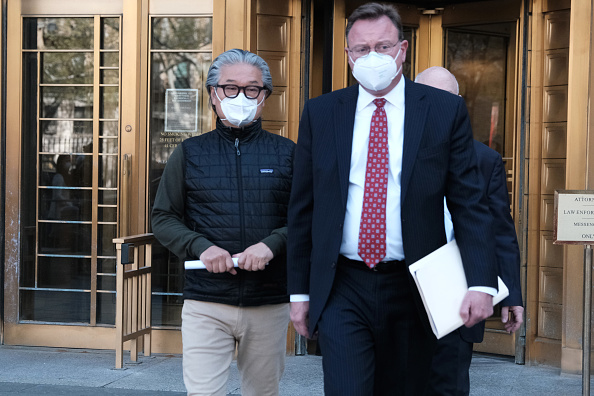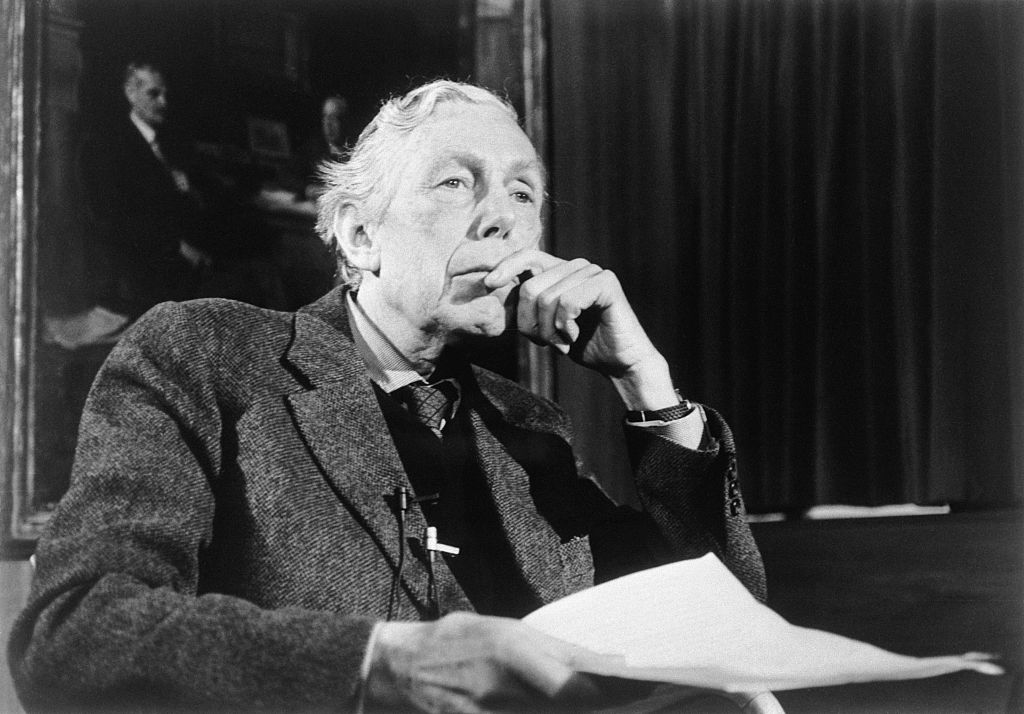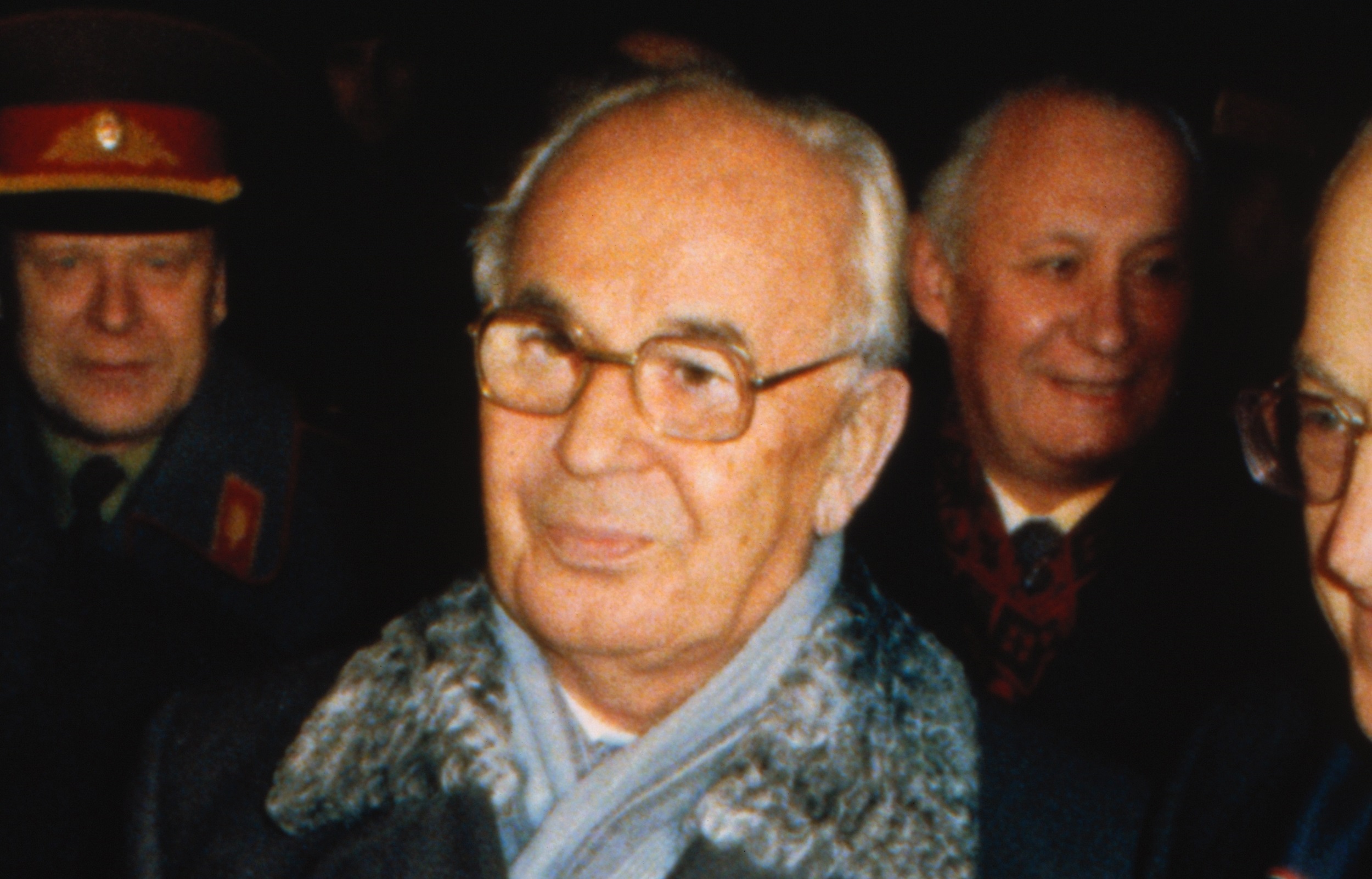Those Europeans who for many years were accustomed to thinking of Americans as essentially similar in perspective to Europeans and as was often implied by prominent British politicians and publications at the height of the special relationship, rather like the British, but more numerous, more energetic, and more egalitarian, are now able to detect that the American national personality and ethos is very different to that of any country in Europe.
The American bi-partisan leadership with which Europe was for so long relatively comfortable, based on the academic and financial institutions of New York and the Northeast with the meritocratic inputs and airlifts from time to time from Chicago, California, and Texas, entered into government with Franklin D. Roosevelt in 1933 and has essentially remained since then.
Under Roosevelt, the government greatly expanded in order to combat the depression and win the war and succeeding presidents did very little to reduce the size or jurisdiction of the federal administration, even those pledged to do so, particularly Ronald Reagan.
After Roosevelt and his chosen successor, Harry Truman, had five consecutive terms, the Republicans elected General Dwight D. Eisenhower, who had served and been promoted by Roosevelt and Truman and did not significantly alter the structure of the composition of the US government, while Democratic Party barons Lyndon B. Johnson and Sam Rayburn directed the Congress in a middle-of-the-road and bi-partisan manner.
The placid bipartisan spirit under-girding the federal government was broken significantly by the Vietnam War. The Democratic Party was substantially taken over by a pacifistic and in some respects a nihilistic movement. Richard Nixon was narrowly elected in 1968 and salvaged the Democrats’ war after they had deserted their own president (Johnson) and effectively called for surrender in Vietnam.
Nixon completed desegregation, triangulated great power relations with China, negotiated the greatest arms control agreement in the history of the world with the Soviet Union, restoring American nuclear superiority, ended the draft, founded the Environmental Protection Agency, and was rewarded for his outstanding term with the greatest presidential election plurality in American history, 18 million votes, which has not been surpassed even though the electorate has almost doubled in size.
In a scenario no tragedian could have devised, having rescued the Democrats’ war after they had deserted their own commander-in-chief, Nixon was destroyed by the pitiful nonsense of Watergate in which there is to this day no probative evidence that Nixon himself violated any laws. The Democrats managed narrowly to elect Jimmy Carter, who had scarcely set foot in Washington, but had pacifistic tendencies and proved not to be a capable Cold War leader.
With this, Ronald Reagan led a rescue party from California and with collaborators such as George Schultz and Caspar Weinberger led America to the great and bloodless strategic victory in the Cold War: the Soviet Union disintegrated without a shot being fired.
American foreign policy since has been erratic and without a threat as obvious and imminent as Nazi Germany, imperialist Japan, and the post-war Soviet Union, the former head of American isolationism, battered and masked though it has been for decades, has arisen.
When Winston Churchill referred in his first address to the United States Congress, on December 26, 1941, to the Americans and the British as “a people,” Roosevelt gently reminded him that a majority of Americans were comprised of people of German, Italian, Irish, and African and Caribbean ancestry, none of them groups transported by goodwill toward the British lion, despite almost uniform American respect for Mr. Churchill personally. Churchill should be a little more careful about implying an airtight solidarity in ultimate objectives between the American Republic and the British Empire.
The world proceeded almost directly into the Cold War and Western Europeans, however they may enviously have mocked Americans as uncultured and materialistic, were in no doubt of the great power of America and of the necessity of placating Washington at least to the point of assuring its deterrent power against Soviet ambitions to expand westwards in Europe. As the Cold War ended, the European Union took shape as at least partially an institution of emancipation from European dependence on the United States.
When Yugoslavia fragmented, the Western European leadership proclaimed: “This is the hour of Europe.” It didn’t need the Americans this time, but within a couple of months the brave new Europeans had thought better of that calculus.
Eventually it was the Republican leader in the US Senate, Robert Dole, who expressed his disgust at the hypocrisy of the European arms embargo against the former Yugoslavia which in practice meant that the Russians armed Serbia to the teeth while various other relatively unarmed constituent parts of Yugoslavia were ethnically cleansed by the Serbians.
Dole finally pushed through the Congress a resolution demanding that President Clinton ignore the porous European arms embargo and use the European and carrier based airpower of the United States to deter Serbian aggression.
Donald Trump was elected President of the United States in 2016 because an adequate number of Americans felt poorly served by the bi-partisan regime in Washington where the post-Reagan Republicans were almost indistinguishable from the Democrats and 95 percent of the population of the capital city voted Democratic. The government moved steadily to the left for the perceived benefit of Wall Street, Silicon Valley, Hollywood, and the generally comfortable middle-class.
Trump had never held or sought any public office, elected or unelected, and was not prepared to continue trade arrangements with Europe that put in place a healthy financial incentive for Europe to align with the United States and resist threats and blandishments from the Kremlin. Nor is he prepared to pay most of the bills for the military defence of Europe that was not under threat and certainly possessed the means to do so for itself. He was particularly scandalized by Germany making itself an energy vassal of Russia.
These are not unreasonable positions and instead of shrieking with alarm and imagining that the United States is descending into a dark age of neo-Jacksonian Euro-phobia, Europeans should recall that while it was rarely publicly admitted by its spokespeople, the European Union was always imagined to be a self-liberating rival of America that could be assumed to incite a reduced American enthusiasm for continued over-indulgence of Europe.
The incandescent inadequacy of the current president and his administration and the desperate and corrupt methods by which it is trying to bar the return of President Trump show that American attitudes are adjusting to post-Cold War facts and the rise of a trans-Pacific challenge.
The unconstitutional and fiendish desperation of the Democrats in their perversion of the criminal justice system, show that the US is not decadent country: the establishment is fighting to the death to maintain its position and not rolling over like the corrupt hedonocracy of a dissolute society.
And a renewed Trump administration will be perfectly amenable to working out a new and mutually satisfactory relationship with Europe. Europeans may wish to remember as this process unfolds, that it was the Euro-Federalists who initiated it.





If Russia takes Ukraine, there will be 30 years of insurgency